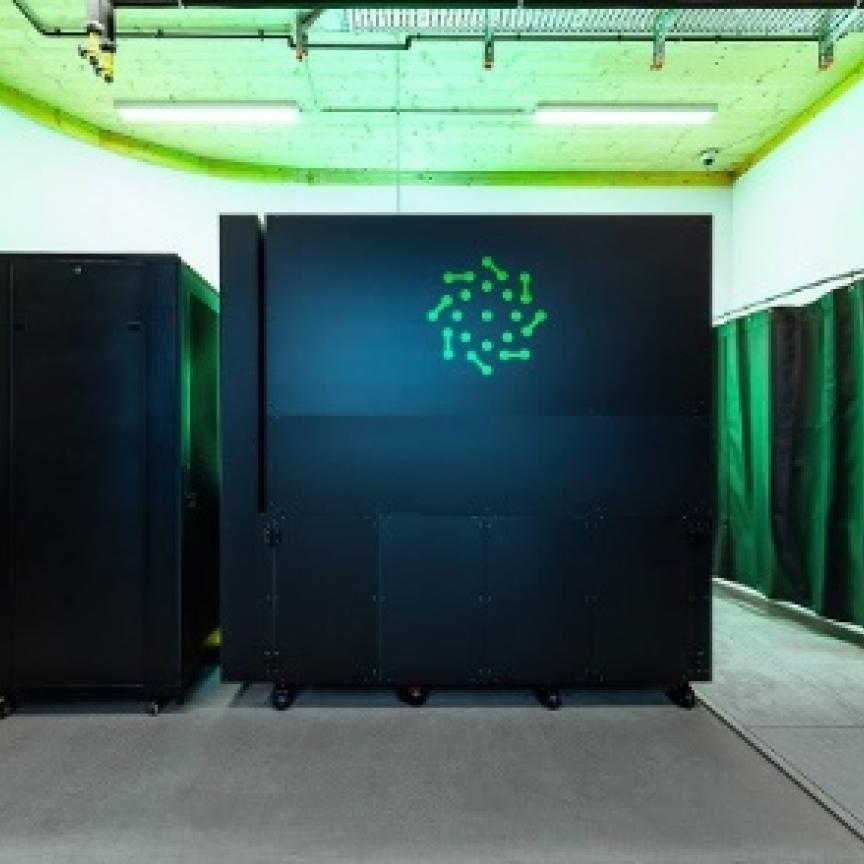Researchers at the UC San Diego Center for Microbiome Innovation (CMI), have expanded their Panasas high-performance computing (HPC) storage infrastructure with an additional two petabytes (PB) of ActiveStor data storage to support the growing number of I/O-intensive tasks related to COVID-19 research.
In recent months CMI began redirecting many of its efforts to better understand how the human microbiome is involved in the development and severity of COVID-19. Researchers have since been evaluating samples from patients worldwide to find biological and epidemiological discoveries about the SARS-CoV-2 virus.
‘While most of the world sees research in microbiology being made in flasks or tubes, a lot of modern methods generate immense amounts of data that require powerful storage such as Panasas ActiveStor,’ said Sandrine Miller-Montgomery, the executive director of the UC San Diego Center for Microbiome Innovation. ‘Compared to more ‘traditional’ microbiologists, microbiome experts are not looking at one organism or a few at a time, but a multitude of them. Thus, we need a great amount of storage space to conduct our analysis properly,’ said Miller-Montgomery, who is also a bioengineering professor at the UC San Diego Jacobs School of Engineering.
CMI director Rob Knight, also noted the importance of a reliable HPC technology solution as the Center steps up its ground-breaking efforts to study the RNA microbiome, which is especially relevant because COVID-19 is an RNA virus.
‘Looking at the RNA microbiome is rare, in part, because it’s currently very expensive to do this kind of analysis. Even as we strive to control costs, this work generates a massive amount of data. The storage capacities offered by Panasas are incredibly valuable as we evaluate critical RNA data to better understand the SARS-CoV-2 virus and how the human microbiome may be involved in COVID-19 susceptibility and severity,’ said Knight, who is a UC San Diego professor of paediatrics, computer science, and bioengineering.
CMI has been working with Panasas since 2015, when they were looking to create an HPC storage infrastructure that could deliver consistently high performance, speed data exploration and discovery, and simplify storage management for administrators.
The CMI team appreciates technology solutions that don’t distract researchers from the scientific problems they aspire to solve. By freeing researchers from worries about storage, CMI can accelerate the adoption of advanced scientific technologies.
‘Our teams often benchmark several methods or rework the benchmarking with new data sets,’ said Yoshiki Vázquez-Baeza, CMI’s Associate Director of Bioinformatics Integration. ‘If we have to limit the benchmark methods because of storage concerns, we wouldn’t be able to explore the full breadth of scientific options. Panasas technology supports the mission of the Center because it never limits our exploration.’
ActiveStor is a turnkey HPC storage appliance that runs the PanFS® parallel file system to accelerate performance at every stage of the computational research process. It delivers unlimited performance scaling and features a balanced node architecture that prevents hot spots and bottlenecks by automatically adapting to dynamically changing workloads and increasing demands - all at the industry’s lowest total-cost-of-ownership.
‘We are honoured to support the UC San Diego Center for Microbiome Innovation in their efforts to develop new methods for manipulating microbiomes to improve human health,' said Faye Pairman, president and chief executive officer at Panasas. ‘CMI is sequencing and analyzing vast amounts of data to help find out what it can to fight the SARS-CoV-2 virus and ActiveStor supports this time-sensitive effort with a high-performance storage solution ready to instantly adapt to changing workload requirements without the need for labour or skill-intensive tuning and administration efforts.’


